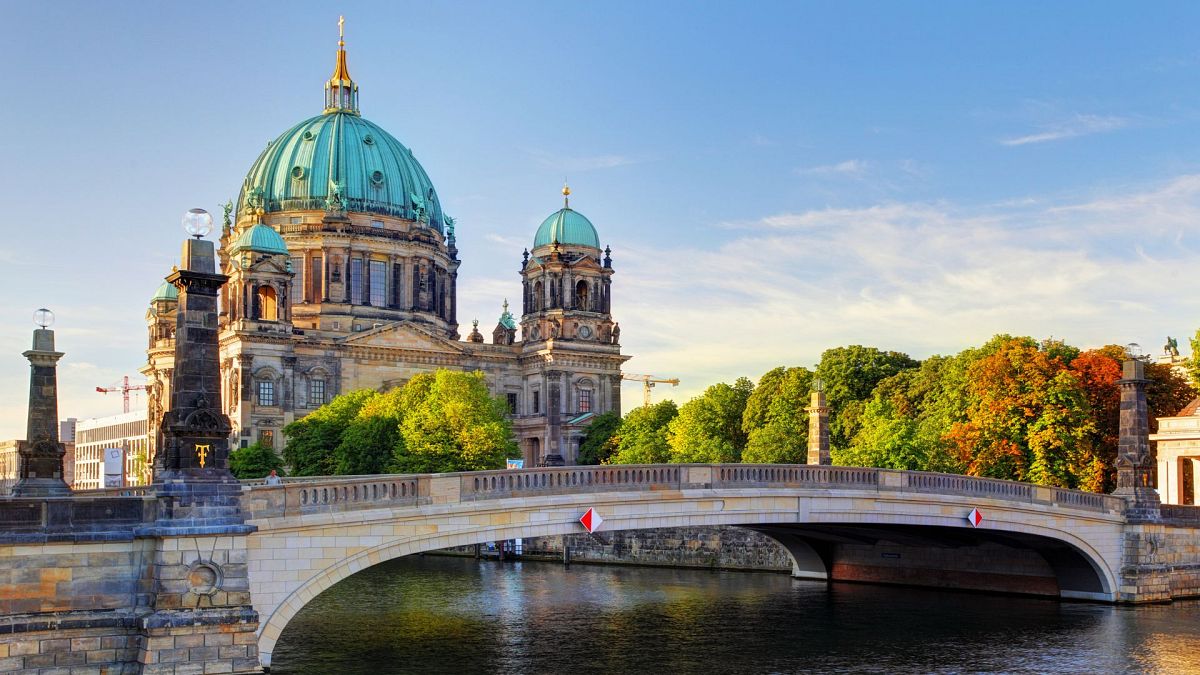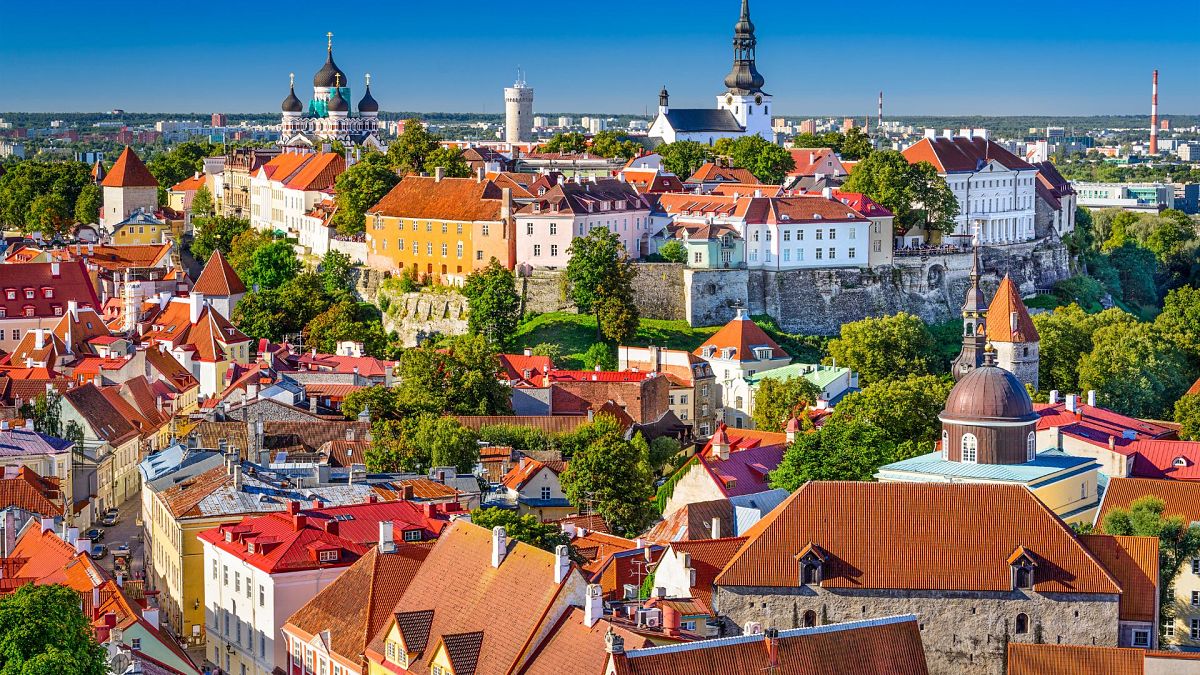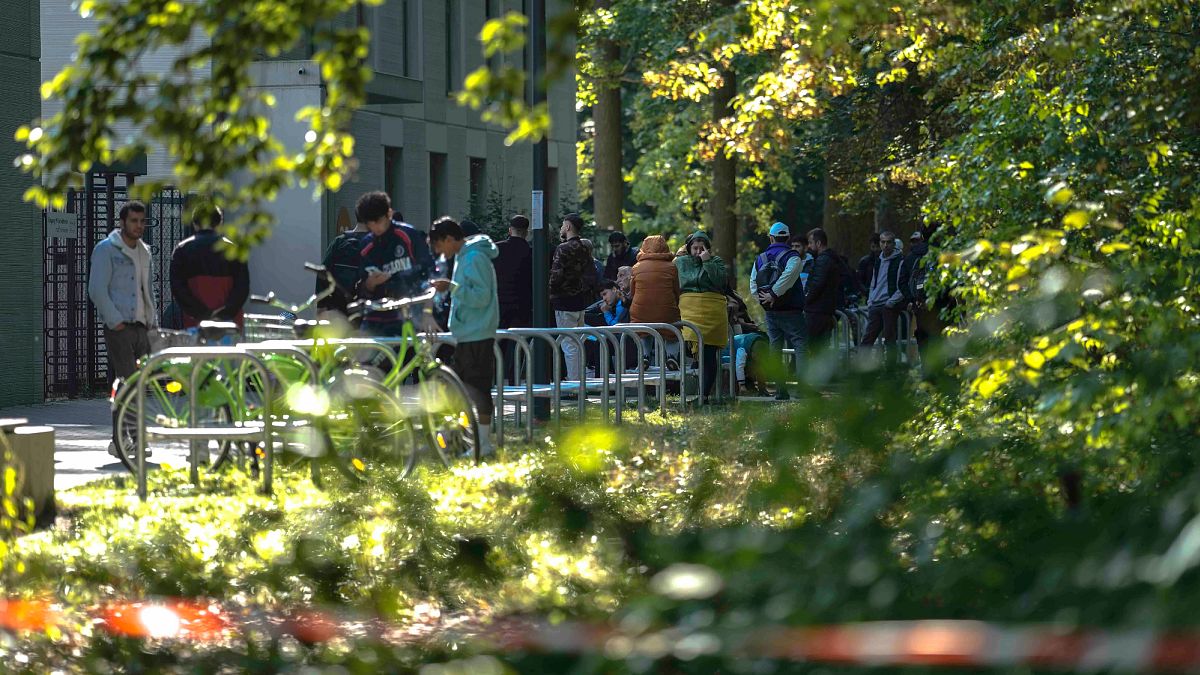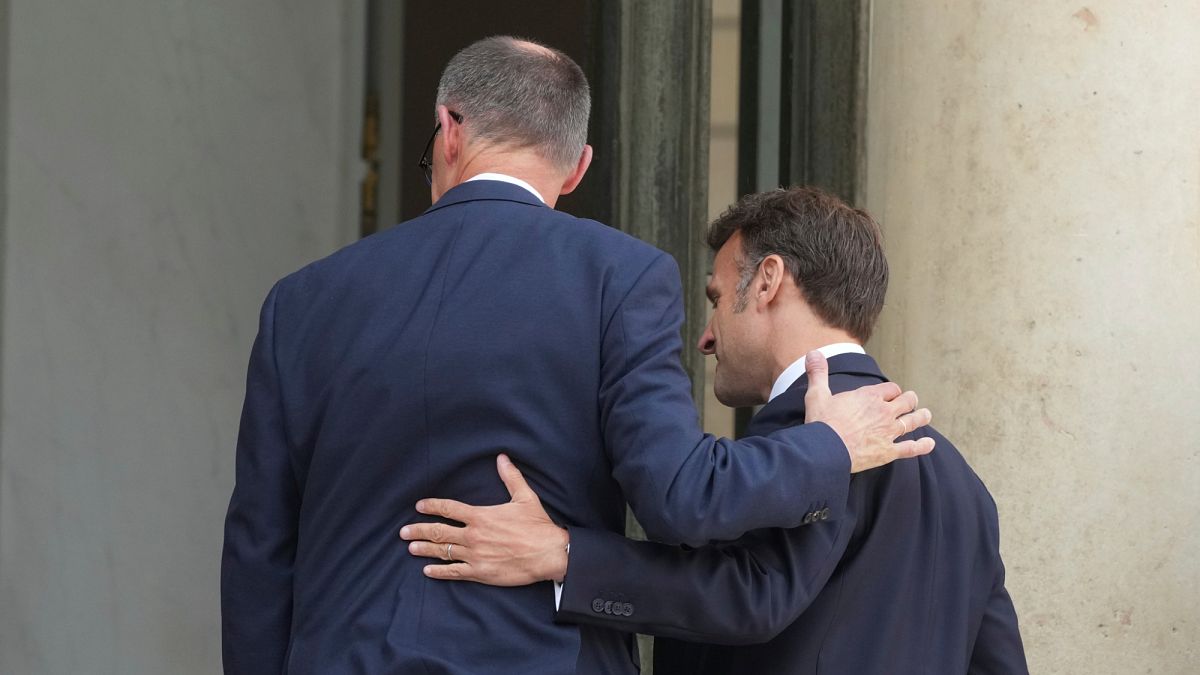EU citizens who moved from the UK speak of Brexit’s impact on them
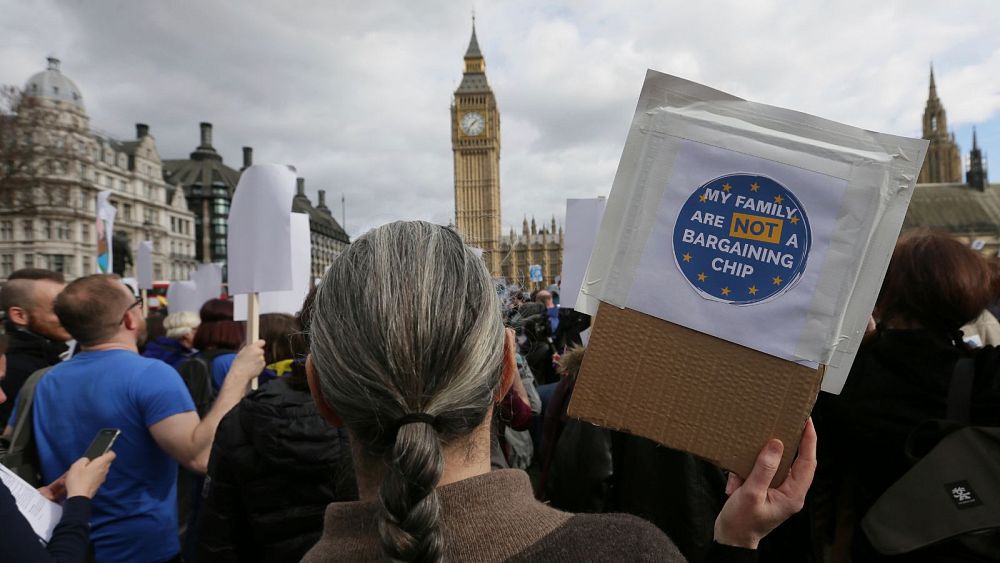
Many wanted to leave the United Kingdom after the referendum result. Now a new report hears from those who did, and the impact on their families.
Sitting in a house filled with packed boxes in their home in London, just days before moving to the Netherlands, Nicole said of her decision to leave the UK that “it feels like a funeral”.
Nicole, originally from Germany, her partner Hemmo from the Netherlands and their children were among the European Union citizens who left the United Kingdom following the Brexit vote.
The family was one of the examples cited by In the Shadow Of Brexit, a video and portrait series of EU families in London, based on the work of the EU Families and Eurochildren in Brexiting Britain project funded by the UK’s Economic and Social Research Council.
Others spoke of feeling rejected, being treated badly or being subject to discrimination.
Speaking to Euronews, Professor Nando Sigona, principal investigator and research leader for The UK in a Changing Europe initiative, pointed out that the UK had been in the EU for 40 years.
He said that, in that time, there had been an “intermingling of people and institutions which can be most clearly seen in the growing number of bi- and mixed-nationality EU families in the UK and their children, many of whom were born in the UK and hold a British passport.”
“These families make up a large segment of British society and have experienced the chaos and disruption of Brexit intimately,” he added.
Following the UK’s decision in a referendum to leave the European Union, research conducted with UK-based EU families showed that many expressed a willingness to leave the UK, though most stayed.
Professor Sigona pointed out “relocating elsewhere in Europe, especially for families with children, was challenging socially and financially,” adding: “Those who eventually did it found resettlement more difficult that they had anticipated.”
Bad experiences
The research shows that, among those who left, many felt rejected or that they had been treated badly.
“On the day of the referendum results, my husband and I looked through the window and realised that at least half of those people had voted against us,” one Polish interviewee said.
Another Polish interviewee who had lived in the country for many years said that Poles had been “harassed” in the UK and treated badly.
“Brits who were not even on very high positions, even those on benefits and they were talking to me: ‘Ooooh, another Pole, who is stealing our job’,” they said. “Brits just were mean to us.”
Other cited direct discrimination they experience after the vote as a reason to go.
“Being Belgian, I think that is not something that people feel particularly strongly about, but my husband, being Hungarian, had a few negative comments, not necessarily in London but also in other cities,” the interviewee said.
“So we started realising that there was something going on that we didn’t really like that much. Once the referendum happened, I think it was very obvious to us that we were going to leave. We both feel very strongly European and we had no plans to settle outside the EU in the long term.”
One French woman even cited insufficient support from her British husband as she protested against Brexit as the reason she left him, returning to France.
“He voted remain but like so many others, they just think, ‘I’ve done my job, I ticked the right box and then they washed their hands of the thing after that’,” she said. “They just don’t do anything and don’t want to hear about it.”
Source: Euro News





